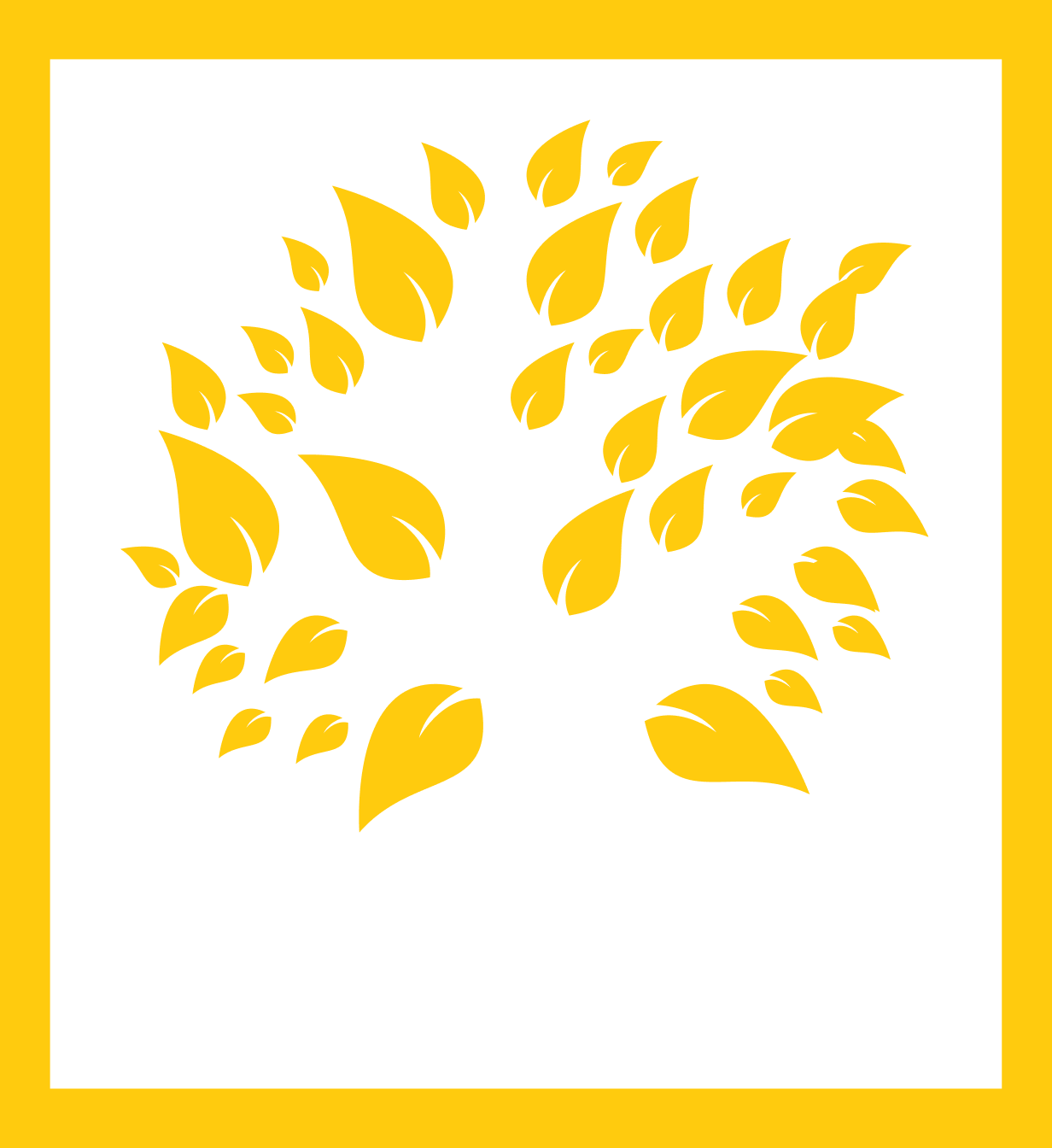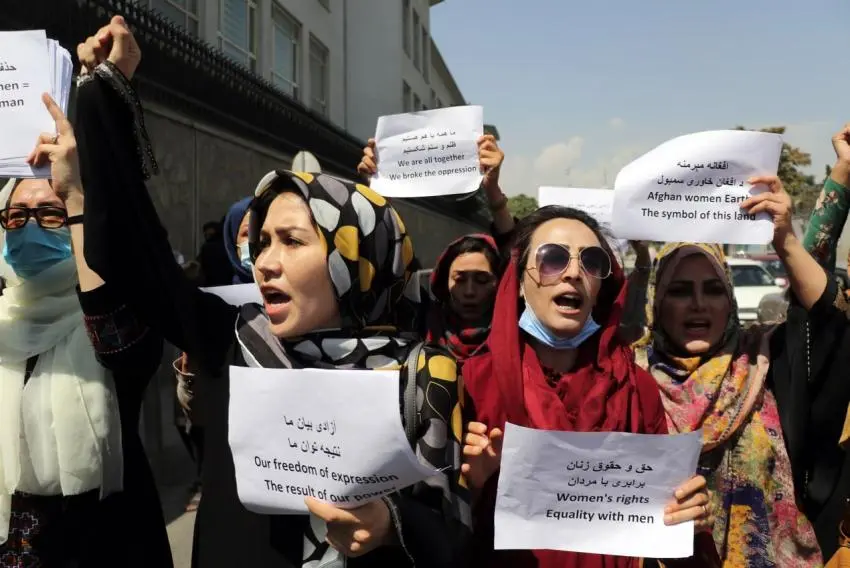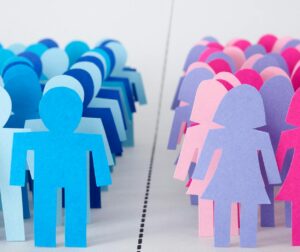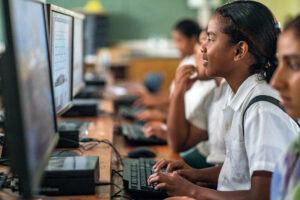In recent years, the political landscape of Pakistan, historically dominated by male voices, has witnessed a transformative evolution in the way women express their political views. This shift spans from old-school pens and paper to today’s influential digital platforms, reshaping the story of women’s involvement in politics and challenging the norms of the past. Let’s delve into the trajectory of women’s political expression in Pakistan.
An Historical Awakening
In the early years of Pakistan’s political history, women were not very involvedntil the 1960s. They mostly expressed themselves through traditional ways like pamphlets, handwritten letters, and community speeches. However, this began to change as they started playing more active roles in shaping the political narrative.
By the 1980s, the political landscape witnessed a significant shift as women started making their mark in political journalism. Prominent figures like Roshan Haroon and Maleeha Lodhi emerged as trailblazers. Additionally, Benazir Bhutto, who became the first female Prime Minister of Pakistan, and Asma Jahangir, a human rights activist and lawyer, made a lasting impact. Their leadership inspired many women to get involved in politics and reshape societal expectations.
Simultaneously, publications like “Women’s Own“ and “She” provided platforms for women to contribute their perspectives on political matters. This was a transition from their conventional role as passive recipients of information to active contributors to political discussions.
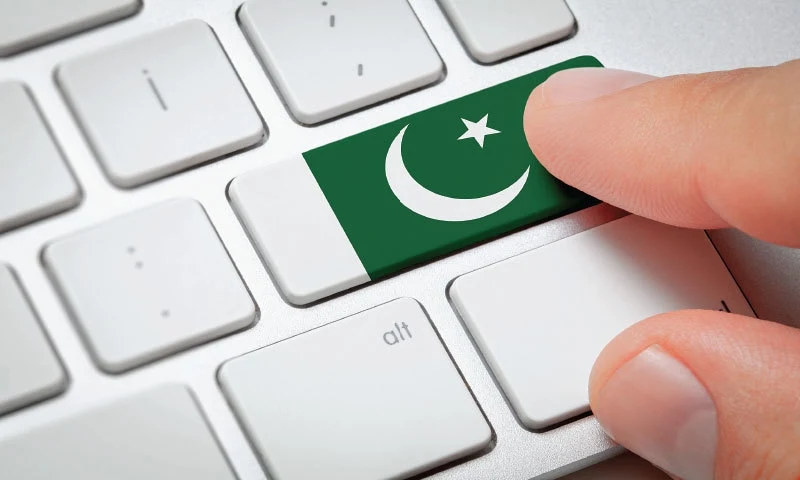
The Dawn of Digital Expression
The advent of the internet in the late 20th century brought about a seismic shift in the way people communicate, and women in Pakistan were quick to harness this tool for political expression. Blogs became a popular medium, allowing women to share their thoughts, experiences, and critiques with a global audience. This digital space proved to be a democratizing force, providing a platform for women from diverse backgrounds to engage in political conversations.
Social Media: A Game-Changer
The real change in how women express themselves in politics happened when social media became popular in the 21st century. Platforms like Twitter, Facebook, and Instagram gave women a huge chance to make their voices heard. Now, women have the freedom to express their opinions, share stories, and interact directly with their audience, breaking away from the limitations of traditional media.
One notable example is the emergence of women-led movements like the Aurat March. This annual event, organized around International Women’s Day, gained traction through social media campaigns that allowed women to articulate their demands and concerns directly. The hashtag #AuratMarch and #METoo movements became powerful symbols of the collective strength and voice of women in Pakistan on diverse social media platforms.
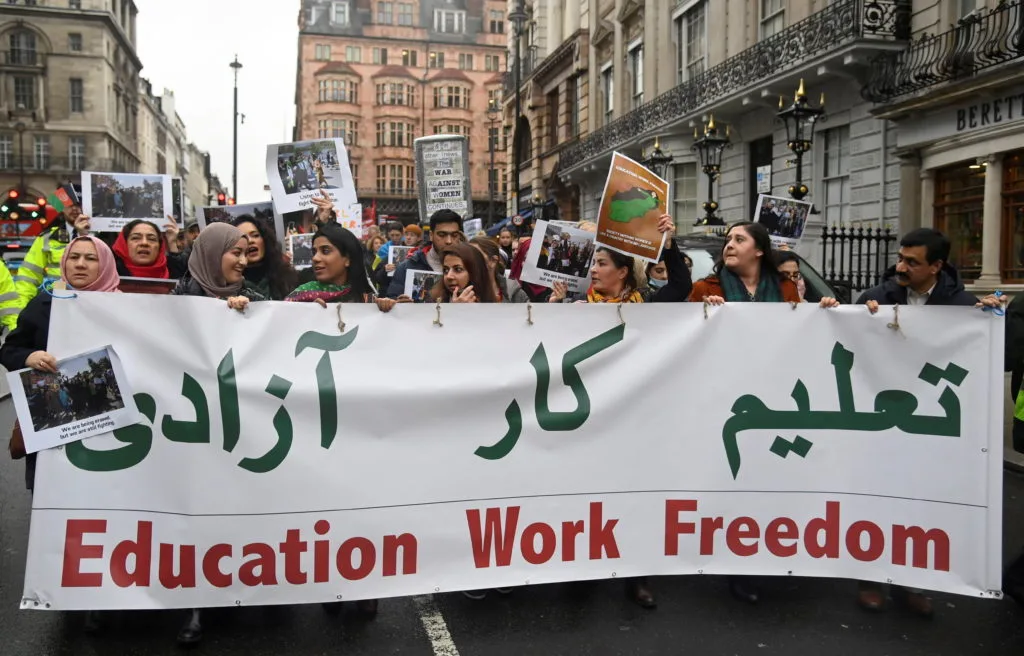
Shaping the Future
Despite facing challenges like online harassment and gender-based discrimination, women in Pakistan have shown remarkable resilience in the digital era. Activists and politicians have formed a digital sisterhood, navigating and challenging patriarchal norms. Looking ahead, the younger generation, born into the digital age, is using technology for political activism through blogs, podcasts, and YouTube channels. As women continue to break barriers, their political expression will play a pivotal role in shaping Pakistan’s future, guided by the legacy of prominent women in politics.
Disclaimer: Any opinions expressed in this blog do not necessarily reflect the opinions of CREDP. This content is meant for informational purposes only.
